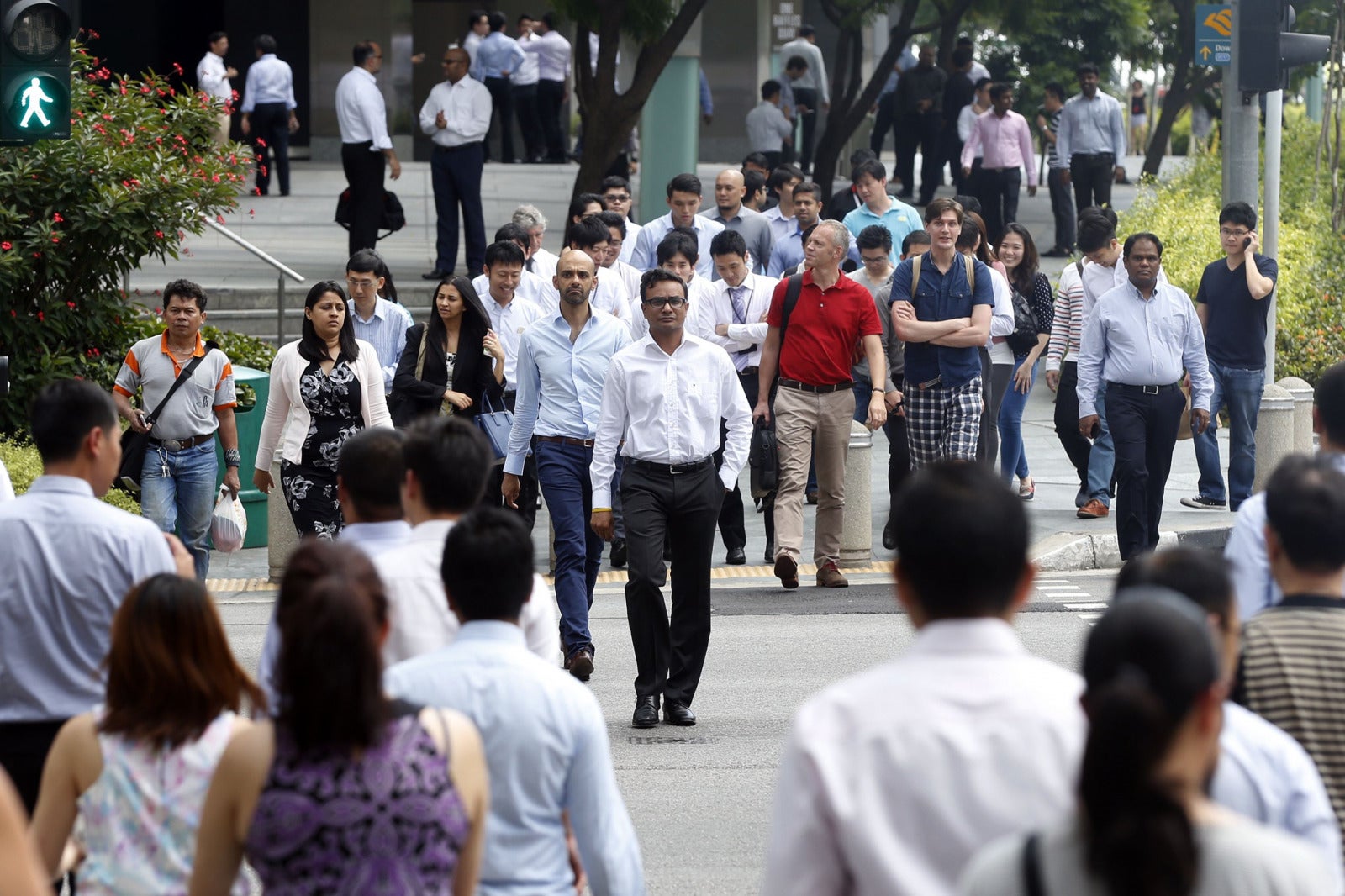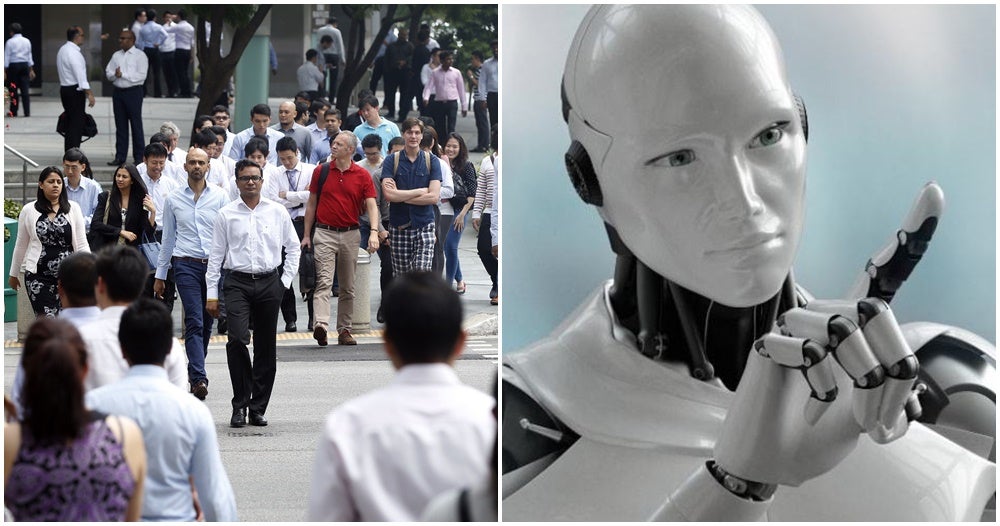They speculated about robots taking over the world eventually but we didn’t know they were starting so soon!

A recent study commissioned by Singapore’s Ministry of Manpower and Institute for Human Resource Professionals (IHRP) discovered that some roles performed by Human Resource managers might be displaced by robots in the next five years, as reported by the Straits Times.
In fact, 24 of the 27 assessed HR roles in the study will reportedly be impacted by technology in varying degrees in the next three to five years. But that’s not the only finding that’s worrying for those in the HR industry.
The study, conducted by Willis Towers Watson, also said that eight of these HR roles will be severely affected and are at risk of being replaced by automation. These include low-level positions such as talent management, performance and rewards, as well as organisation development.
These roles are easier to replace because they are administrative in nature and can be automated in accordance with advances in robotic process automation, machine learning, and social robotics, said the study.

But there is still hope! Three HR jobs including, head of talent management, HR business partners and managers of organisation development will be least impacted by automation.
“In the long term, people analytics will be a key skill required by all roles in HR rather than being a dedicated role,” said Willis Towers Watson in its report. The study also found that technological advancements will lead to the creation of highly specialised roles in HR such as an HR data analyst.
But what was highlighted was the need for the HR industry to reinvent itself in driving business transformation. Those who are leading in the field also need to acknowledge the need for HR’s new capabilities, like through the use of predictive analytics, said the study.
Adopting technology in HR, as well as investment into automation, will increase efficiency and allow the industry to deliver “seamless and cutting-edge” services and experiences more effectively, said Zaqy Mohamad, the Senior Minister of State in Singapore. “This will enable HR to pursue more strategic high-value activities and unlock value creation for the business.”

Meanwhile, the Ministry of Manpower and IHRP will continue to strengthen the HR capabilities of businesses and help HR professionals gain new insights to stay relevant such as through developing training courses for them to prepare for the industry’s expected digital transformation.
Do you think the same thing could happen in Malaysia? Let us know what you think in the comments!
Also read: Report: Malaysia’s Service & Sales Sector Workers Are Most Likely To Lose Jobs To Automation








































